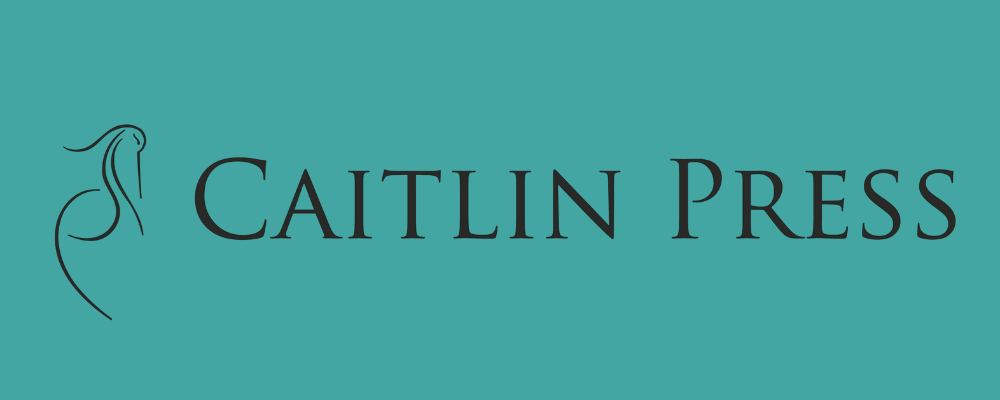We’re back with a new instalment of our celebratory Tech Forum to-go blog series. During the past 15 years, we’ve been fortunate to host, online and in-person, local and international speakers to discuss a wide variety of topics such as ebook production, marketing, standards, equity, diversity, and inclusion, metadata, and the list goes on. The best part? Even though some of the sessions are a few months or a few years old, their content is still relevant in today’s publishing landscape.
Last month we brought back a 2019 session led by Ka Li about accessibility from the user perspective, today’s digestible takeaways are all about optimizing publishing workflows.
Bon appétit!
Optimize your publishing from start to finish
Today’s appetizer, main course, and dessert come from our November 2021 webinar, Optimize your publishing from start to finish. For this session, we were joined by moderator, Dayla Fuentes-Morales from bookaddict24-7.com, and panelists Richard T. Williams from IPG, David Marlin from MetaComet Systems, Michelle Halkett from Central Avenue Publishing, and Joshua Tallent from Firebrand Technologies.
This group of experts came together to discuss the publishing process from start to finish, presenting the real-world challenges of small and mid-size publishers along the way.
Here are five key takeaways from his session:
Takeaway 1 — Develop a workflow tailored to your needs
As Michelle Halket’s one-person publishing company, Central Avenue, grows, she’s developed a workflow that allows her to stay on top of all the steps that are involved in her publishing process. What’s worked for her is keeping her workflow in a hosted spreadsheet that she shares with authors, designers, editors, as well as organizing it by pub date minus the month, and making decisions based on her company’s bandwidth, profits, and losses.
Takeaway 2 — Use the services that your partners, consultants, and trade organizations have to offer
Work with organizations that help you achieve your goals and take advantage of what they have to offer. For example, Central Avenue works with IPG — as their client, Michelle has access to their team of title development liaisons, metadata experts, inventory and operations teams, as well as marketing experts. Their partnership includes guiding her in aspects such as cash flow, seasonality, competition, and more. At this point of the presentation, Richard T. Williams expands more on what they offer to their clients in the early stages of the publishing process. And here he talks more about their role as distributors and how outsourcing this side of the business can help publishers save money and reach a wider market.
Takeaway 3 — Hire a publishing lawyer to put together your publishing agreements & use tools that allow you to stay organized
Even though it can be expensive, paying a publishing lawyer will be worth it in the long run. Here Michelle goes over how important it is to have a few different types of agreements depending on the agency clauses set in place, the different sub-rights, etc. But drawing the agreements is only the first step. In order to be successful and avoid legal troubles, keeping records and having easy access to your agreements, as well as tracking royalties is key. David Marlin, explains the solutions MetaComet offers for contract management and for sales data and royalties management.
Takeaway 4 — Start working on your book’s metadata early in the process
In a world where online shopping and search engines are becoming increasingly important, having a plan for your books' metadata is not something you want to overlook. As Joshua Tallent shares here: “metadata directly impacts and drives the sales of your books online.” If possible, Joshua recommends using publishing metadata managing tools that allow you to keep records of the metadata used in a book, they will warn you when a key element is missing and they will ideally create and send ONIX records to your partners. If you’re just starting and it’s not financially viable to pay for such a tool, keeping a spreadsheet with all your metadata, up to date and organized, will make the transition to a system much smoother down the road.
Takeaway 5 — Don’t lose sight of your books once they’re published
Once your books are out in the world there’s still work to be done. From paying attention to the rankings on retailers' sites such as Amazon to reading reviews to identify potential problems with the book or digital file — ebook or audiobook. Keeping a close eye on how your books perform in the marketplace is key. At this point of the presentation, Joshua expands more on the topic and also explains why post-publication consistently reviewing and updating a book’s metadata is important.
Watch the full session below
Hungry for more Tech Forum?
Sign up for our newsletter, subscribe to our YouTube channel, and keep your eyes peeled on our website to register for upcoming webinars and rewatch old favourites.
And of course, stay tuned for more instalments of Tech Forum to-go here on our blog.
Order up!














Insights into the latest updates and additions made to ONIX codelists.